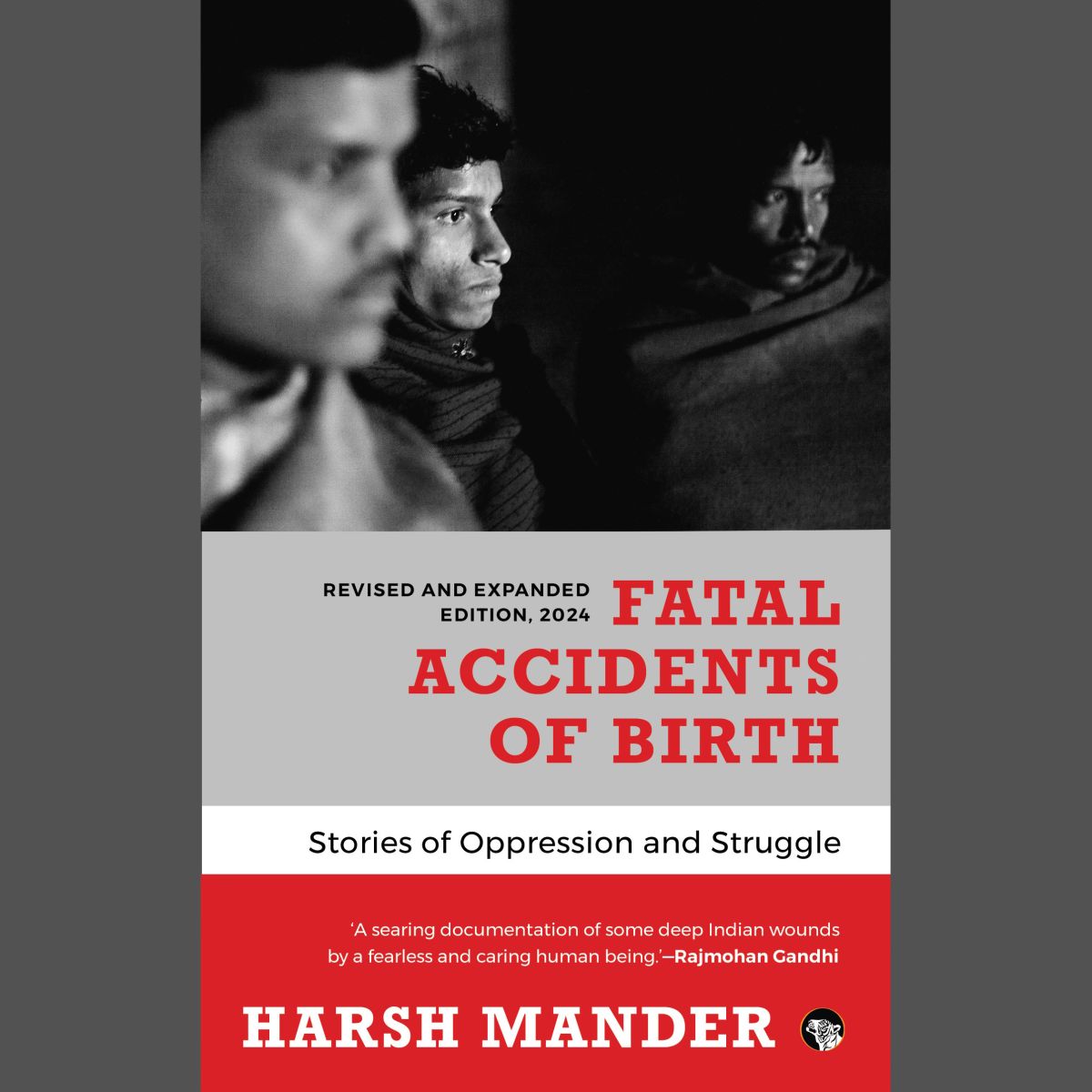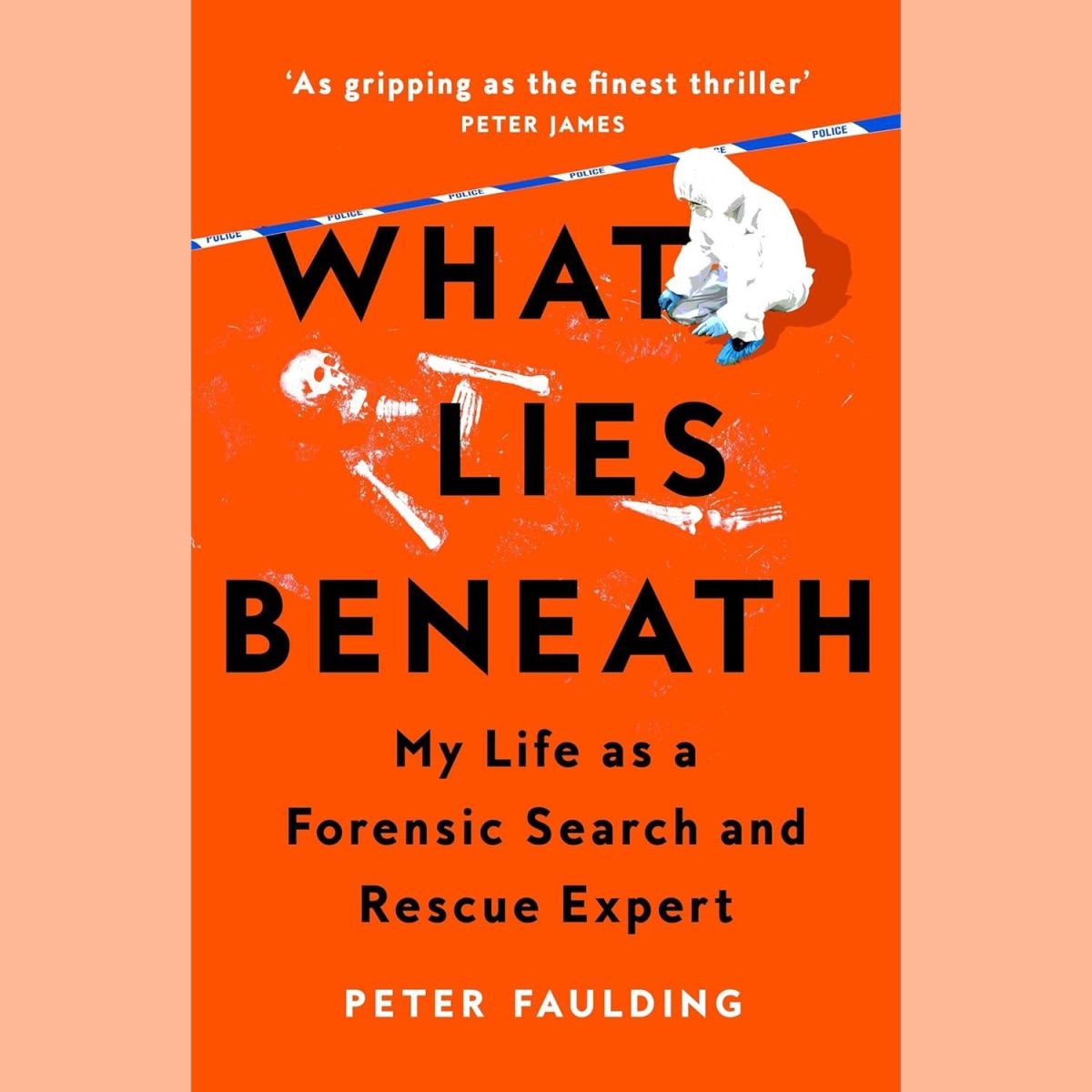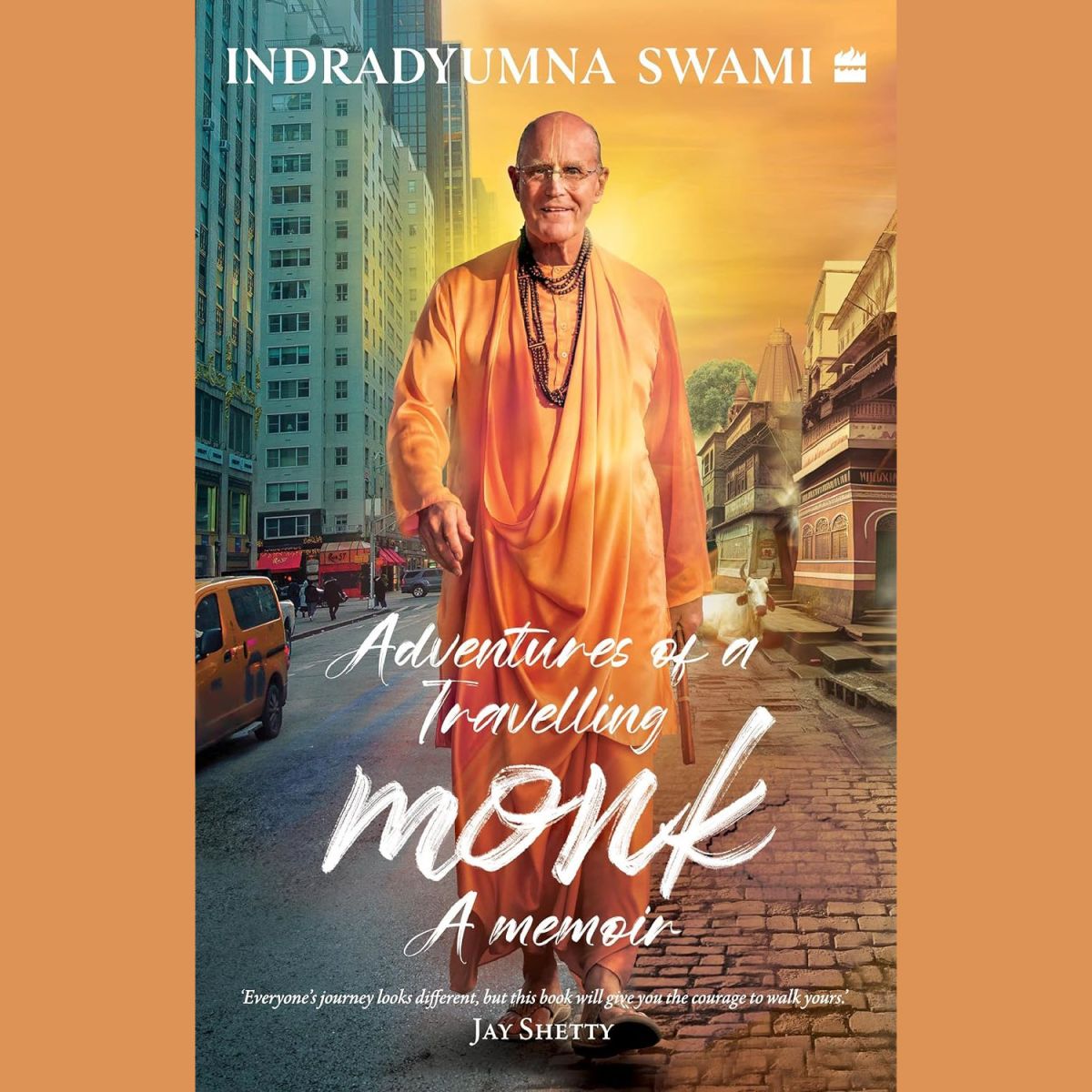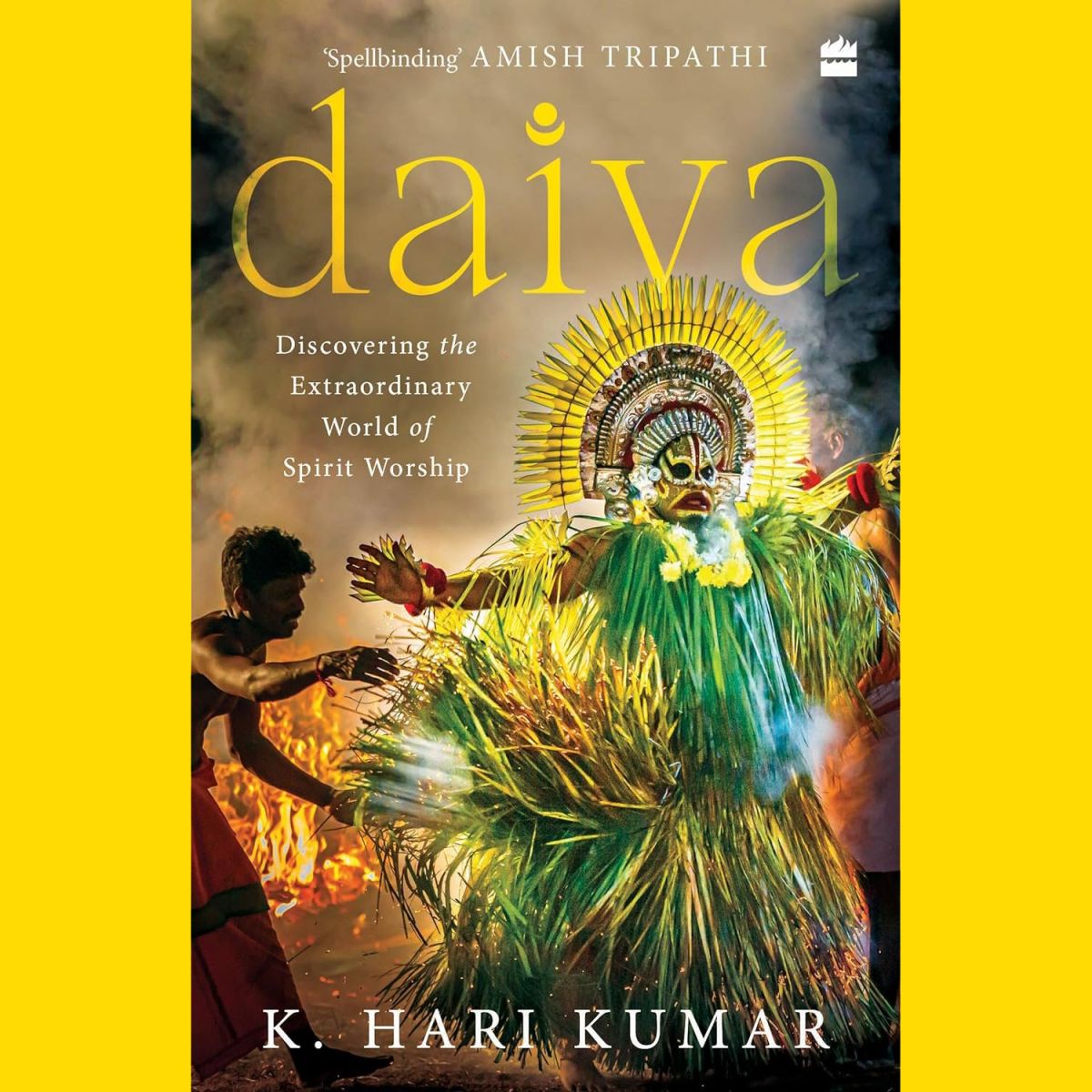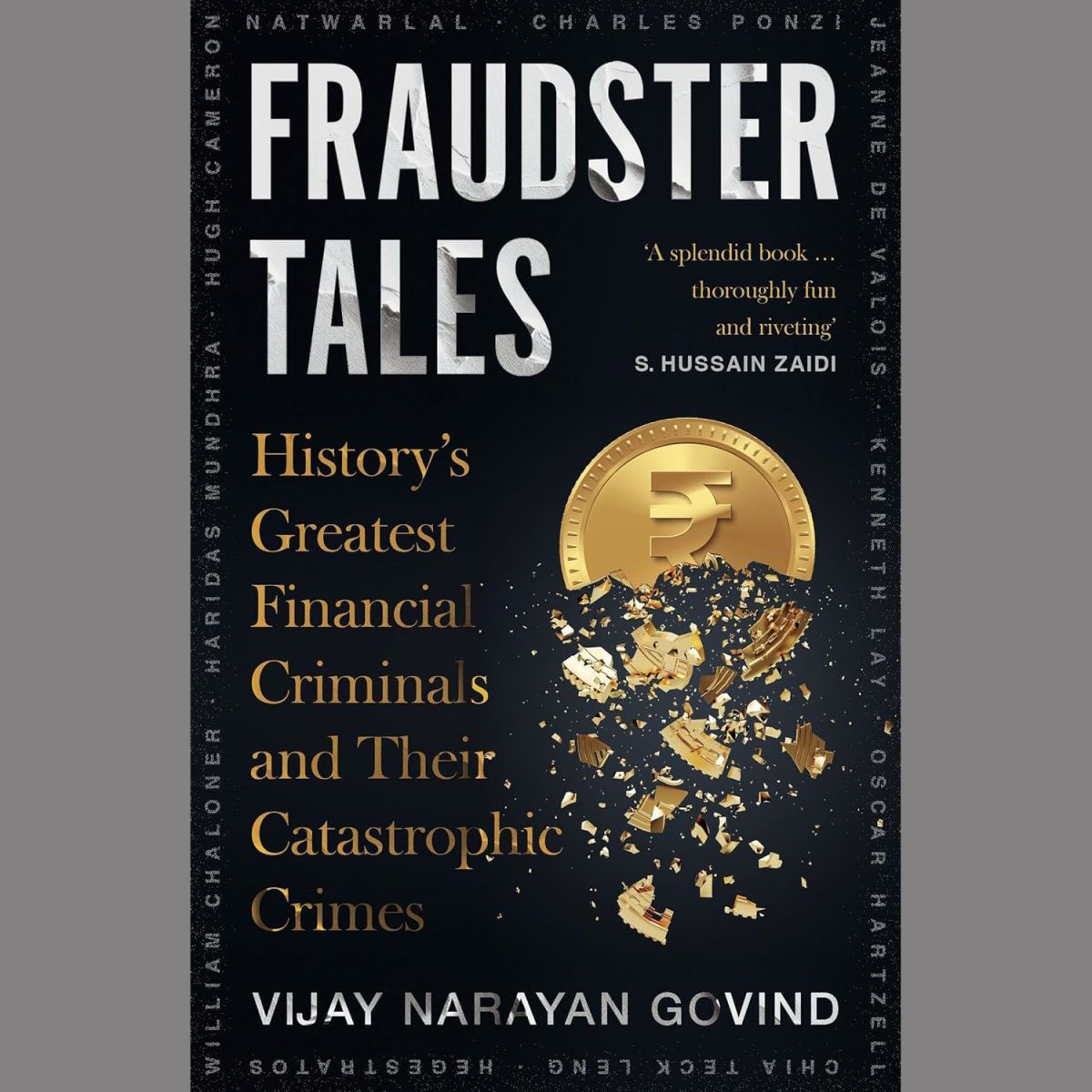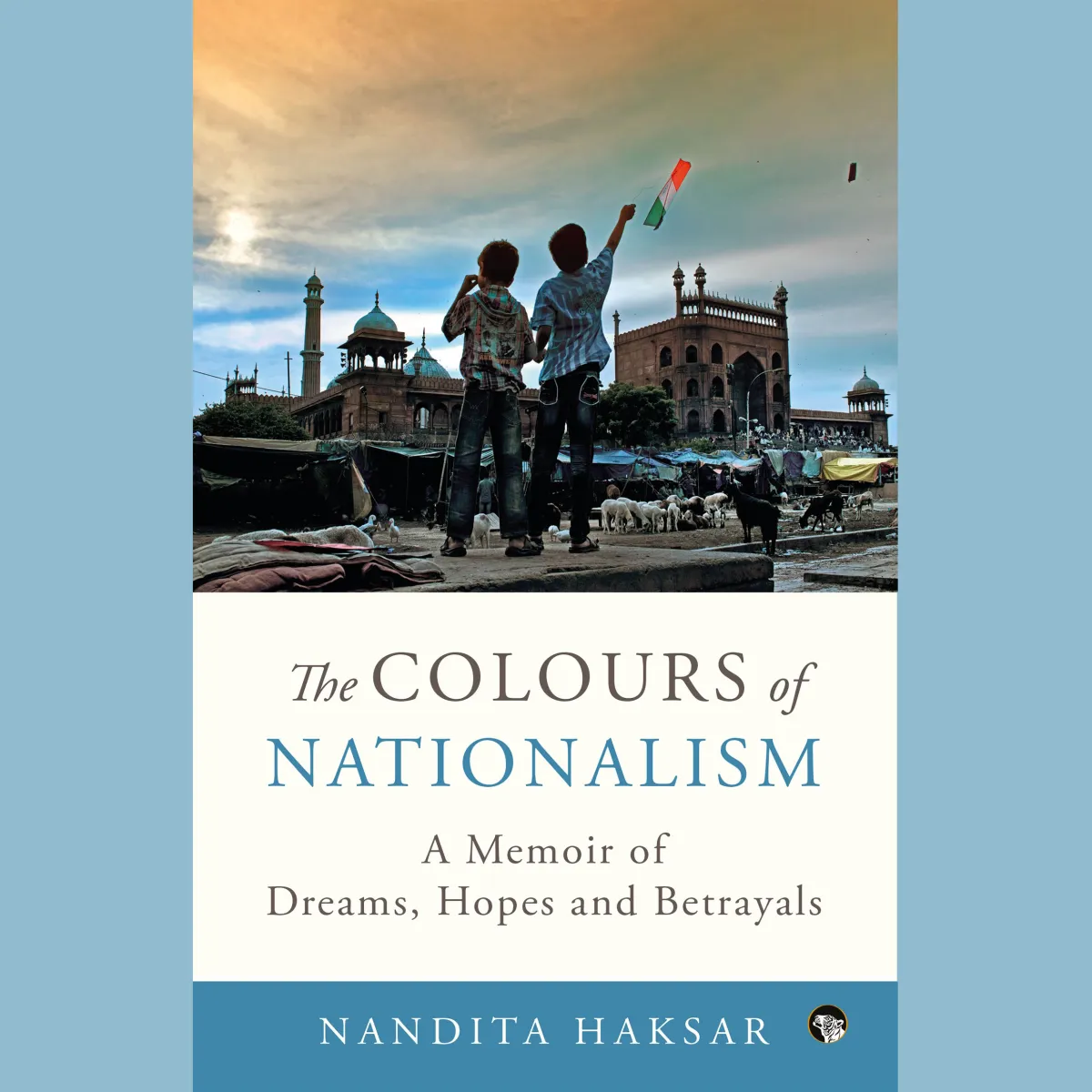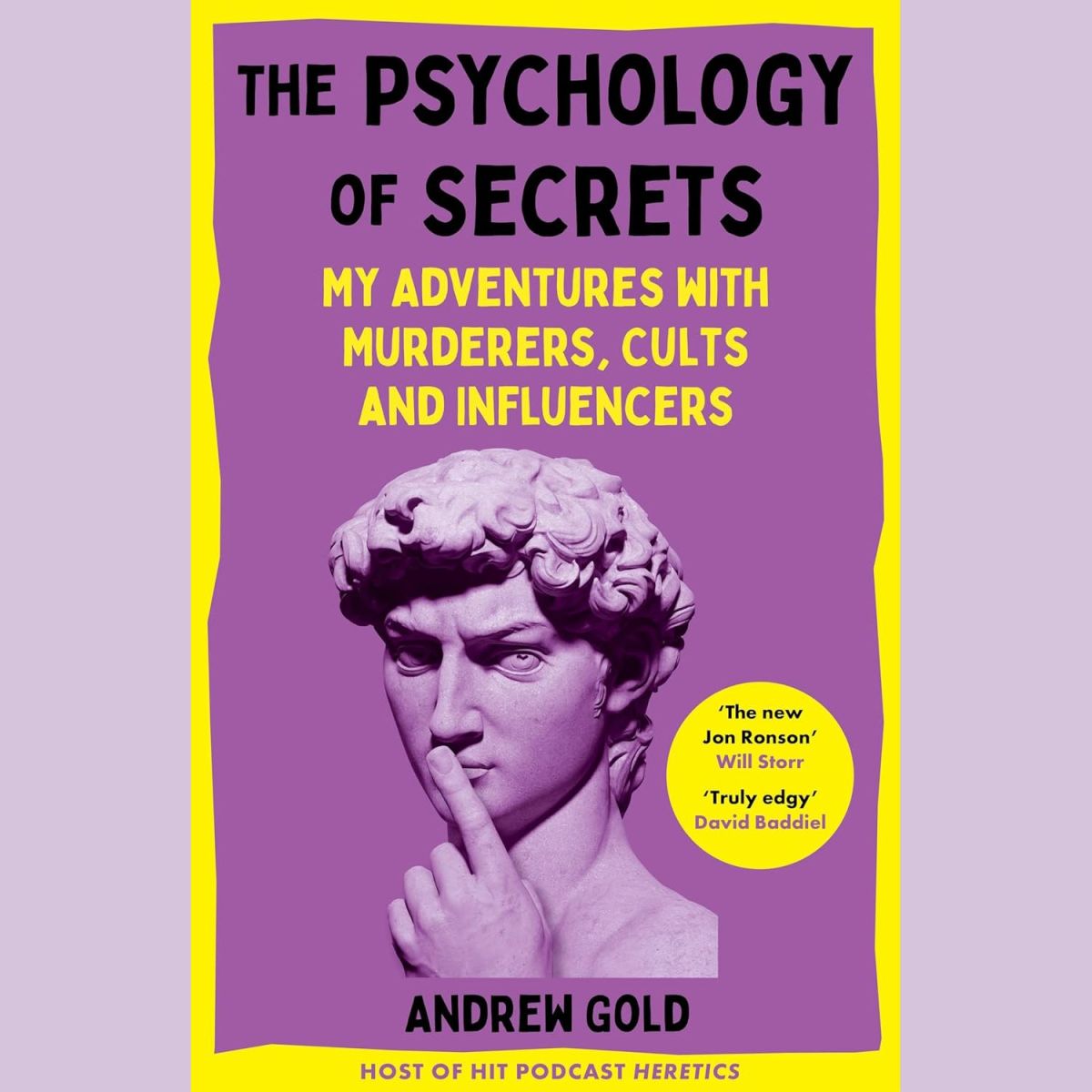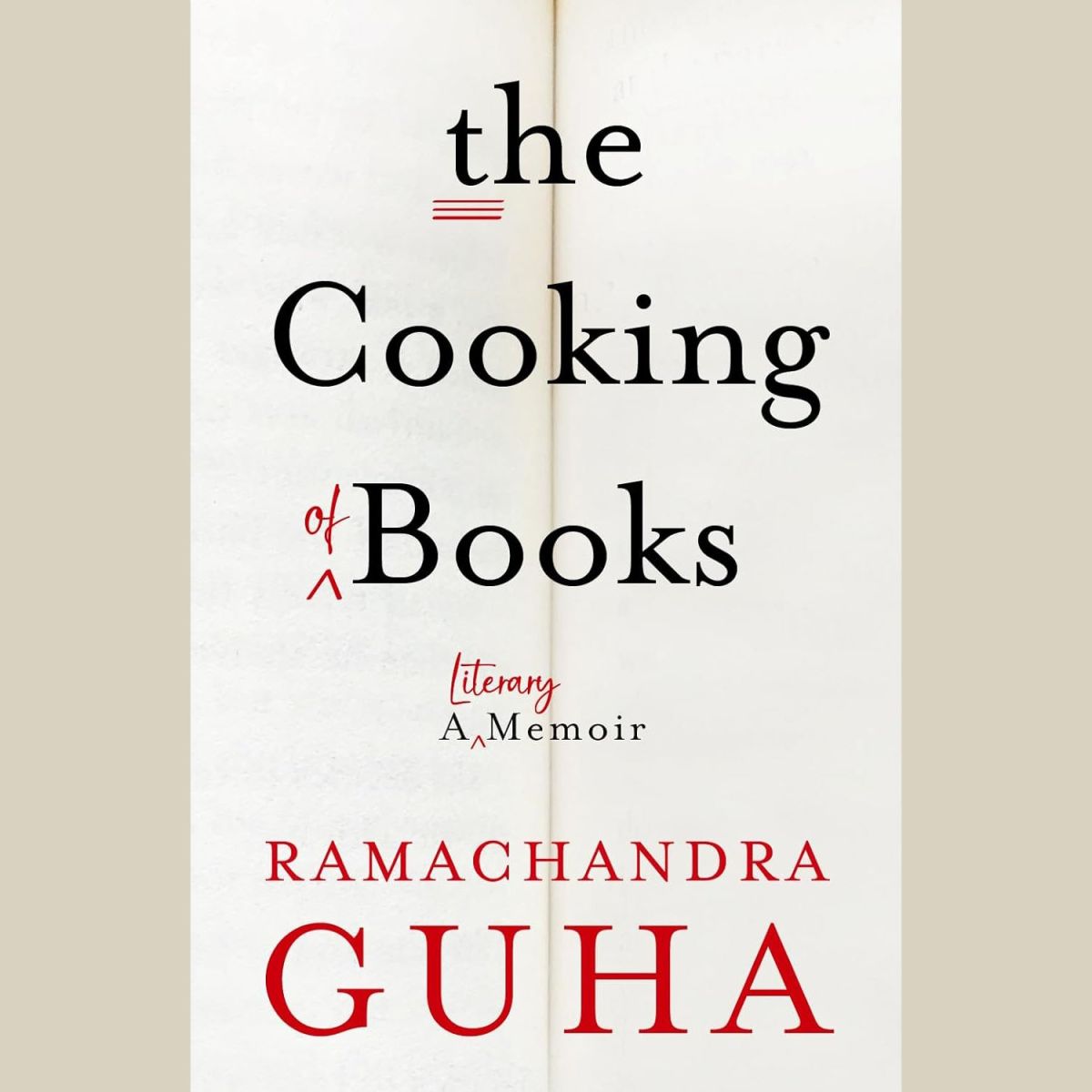Based in Chennai, Deepika Arun has a B.Tech in bioengineering and biomedical engineering, is a huge Potterhead, a podcast producer with Spotify, and audiobook narrator for Storytel and Audible. She has a passion for Tamil literature and was language manager for Tamil at Storytel, having produced more than 250 Tamil audiobooks. She is currently a freelance audiobook narrator for Audible. We talk to Deepika about the growth of audiobooks in India, what audiobooks offer that print perhaps can’t, and the qualities needed for being a successful narrator.
From doing a B.Tech in Bioengineering and Biomedical engineering to audiobooks and Tamil literature – that’s an interesting journey! Please tell us more about your interest in Tamil literature? What was it that drew you towards audiobooks and how did you get started with Storytel?
I was introduced to books at the age of five and I have been a reader ever since (both English and Tamil). My father introduced me to different authors at various stages of my life and I went ahead to get to know new authors as well. My father is a natural storyteller and I guess this got passed on to me as well. I became a storyteller to the children in my classroom and this became a standard part of my routine as a facilitator at my activity centre, Jhoola. Every class would feature storytelling. I realised that I enjoy storytelling.
My introduction to audiobooks happened through Storytel, which was an amazing coincidence, with Harry Potter audiobooks narrated by Stephen Fry. I was so hooked to the audio version even though I have read the books many times! This got me interested in searching for Tamil audiobooks and to my disappointment I couldn’t find high quality ones. Meanwhile, I started narrating short stories to a group of my friends and the response was heart-warming. This made me start my podcast Kadhai Osai. The response to Kadhai Osai encouraged me to approach Storytel and I was offered a position there to take care of the Tamil audiobooks space for Storytel India. I started as a consultant and went on to become the Language Manager for Tamil, producing over 250 Tamil audiobooks. I also narrated a few Tamil audiobooks for Storytel and went on to become one of the most followed Indian narrators on the app.
What are some of the primary reasons for audiobooks’ strong growth in India? What do audiobooks offer that regular (print) books cannot?
There are a few reasons why I think audiobooks are growing in India, especially audiobooks in Indian regional languages. For one, it is a ‘secondary’ activity; one does not need to allocate time just to listen to audiobooks. If you read, you only read; but if you listen, you could be doing other things as well, maybe travelling, cooking, walking, exercising etc. So this sort of takes care of the time aspect. The other thing is, there is a considerable segment that cannot read in their mother tongue but can understand the language very well. Audiobooks hence become a great option to consume books in one’s own language.
For people who are not interested in reading, which could be for various reasons, audiobooks are a great gift. Listening is something that is easier than reading. The comfort of listening on the go has made readers consume audiobooks as well. Having said that, I also know of people who started their reading journey with audiobooks but are now adapting to print as well.

Please tell us more about your work at Storytel. As a leading audiobook narrator in Tamil, what did your work entail? What qualities does one need in order to be successful at audiobook narration? Is any specific training required for this? How much time does it take you to narrate one entire book?
At Storytel, as the Language Manager for Tamil, I was involved in curating titles for acquisition, speaking to authors/publishers to acquire audio rights, coordinating with studios and producing high quality Tamil audiobooks, and finally marketing – taking the catalogue to the audience. As a narrator, it was something I loved doing! Reading the book and bringing out the emotions appropriately as the narrator is something I enjoy doing. I firmly believe that the narrator should be an invisible bridge between the author and the listener, bringing them close through narration.
Yes, there are certain qualities that I would say are needed for being a successful audiobook narrator. You need the right modulation for narration, depending on the characters in the book. The narrator needs to speak at the correct speed (which depends on the kind of book being narrated) and pause / take breaks at the right time, in the right places in a sentence for a smooth listening experience. Of course, correct pronunciation of words is a must, which comes with familiarity with the language in which the narration is being done.
Personally, I did not undergo any specific training. However, there has been significant learning from my first audiobook till now. Listening to multiple audiobook narrators can help one understand how to get better. Listening to one’s own narration can also help understand flaws. Most of all, feedback from listeners is really helpful towards getting better. To narrate a 300 page audiobook, it takes me around 10 hours.

Is your work at Audible similar to your work at Storytel? In the audiobooks space, are both companies working on roughly the same kind of content, or do they have separate focus areas and different strengths?
I have only narrated one book for Audible. In my opinion, Storytel and Audible definitely have different focus areas and strengths. Storytel has a great catalogue in different Indian languages (almost 10+ languages) while Audible’s English catalogue is great.
In terms of popularity, yes I definitely think Indian language audiobooks are gaining strength. Yes, audiobooks are helping Tamil Literature reach a wider audience, since they help listeners bypass the challenges of not having sufficient time to read, and, with some others, address their inability to read books in their mother tongue.
Please tell us more about Kadhai Osai? What was it that inspired you to set up your own platform for audiobooks? In doing so, do you have to compete with the big players for Tamil language audiobooks? Future plans?
Kadhai Osai is a Tamil audiobook podcast with over five million listens across multiple platforms. Back when I started Kadhai Osai there was a dearth of good quality Tamil audiobooks. I do not see Kadhai Osai competing with the big players, primarily because Kadhai Osai is non-commercial and is available for free across all podcast platforms and YouTube. I have no major plans per se for Kadhai Osai except to keep churning out great content consistently. Literature is a limitless ocean so there is always scope for many players to come in the audiobooks space. Having said that, to take on the big players requires a lot of investment and it would be interesting to see how it all pans out!
Do you also read regular (print) books? Any favourite authors? Any memorable books that you’ve read in recent times? Anything you’re particularly looking forward to read in 2023?
I do read print books now and then – predominantly fiction and a bit of non-fiction as well. I also enjoy reading children’s Literature! Favourite authors in Tamil include Lalgudi Saptarishi Ramamrutham, Gokul Seshadri, Ambai and Perumal Murugan. Some memorable books that I’ve read in recent times are Human Kind by Rutger Bregman, Klara and The Sun by Kazuo Ishiguro and Sivappu Kazhuthudan Oru Pachai Paravai by Ambai.
My TBR list is endless, as always. However looking forward to reading Neduneram by Perumal Murugan, Prisoners of Geography by Tim Marshall and The Gene by Siddhartha Mukherjee.
For Tamil audiobooks, see Kadhai Osai

More Stories:
adventure advertising Apple astrology audiobooks Banaras best-of lists Bombay book marketing business Calcutta cheap reads cityscapes corporate culture crime design fiction food Hinduism hippies history India Japan journalism journalists libraries literary agents memoirs memories money Mumbai music my life with books Persian photojournalism publishers publishing religion science-fiction self-help technology travel trends Varanasi wishlists


